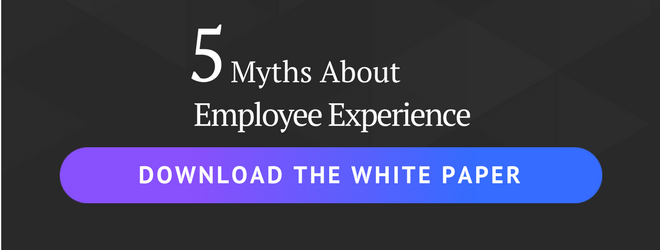Henri Salvador once sang, “Work is health.” He may have been right when he wrote the lyrics to his song, but did he know that there was a major burden inherent in work? Waves of incidents have highlighted the reality of stress touching employees in both the public and private sector.
To contain this epidemic, we must quickly understand the underlying causes of this phenomenon. Explaining the problem away by highlighting a lack of opportunities on the labour market and the regular fraying of our entire social fabric is just too easy. Moreover, attributing this trend to income or a decline in virtue would not be reasonable. In fact, an even more fundamental explanation lies at the crossroads of psychology and biology: an epidemic of generalized stress dramatically affects all active people, unless we can quickly understand the source and take the right steps to remedy it.
Stress is a heavy burden for businesses
According to a recent study led by the WHO, common work-related stress disorders account for more than 50 million years of lost work and would cost the global economy $1 trillion a year in lost productivity. In Europe alone, WHO has found that treatment of mental health costs an average of $140 billion a year. On the other hand, depression and anxiety disorders impose a heavy burden on the employer and the economy, which is 30% higher than other health problems (because the average length of absence is much longer).
Workplace well-being influences health and productivity, and a harmful work environment can lead to physical and mental health problems, alcoholism or psychoactive substance abuse. It is a vicious circle that is very difficult to contain. The risk of suffering from depression, hyper stress or burn-out can be countered by avoiding some of the pitfalls that lead to mental health issues at work.
What can we do?
Only widespread awareness and a radical change in attitudes could bring about lasting change.
This awareness could be developed on the simple principle of economic rationality: a less stressed employee is a more productive employee.
Many solutions are beginning to emerge to combat the issue: Klaxoon delivers digital solutions for more productive teamwork, Nestor offers a new, highly accessible and unique chef’s menu every day, delivered to employees within an hour directly at the office. The program contributes to good employee mental health by varying their meals, while an AI program like Julie Desk frees up time spent organising their agenda. These solutions are designed to improve employee well-being.
If one already has little time to spare, it is better not to waste it on repetitive tasks, but rather concentrate on higher value-added tasks so as to feel more fulfilled at work.
In a world where exchanges are multiplying, artificial intelligence comes to spare employees from repetitive and tedious tasks such as organizing appointments and agendas, so that everyone can concentrate on what really matters.
On a daily basis, technology accelerates everything leaving employees with less time to manage it all, making stress in the workplace an important issue. However, in its way, artificial intelligence supports employees and offers them greater autonomy and efficiency at work. Once upon a time, Microsoft gave everyone the power to do without a stenographer and quickly make the most beautiful presentations. Productivity tools like Julie Desk or Klaxoon are a natural extension of this. The future of augmented employees has only just begun.

